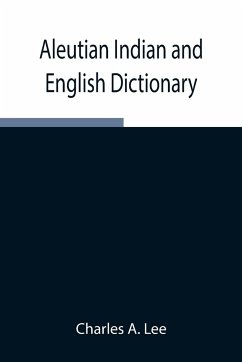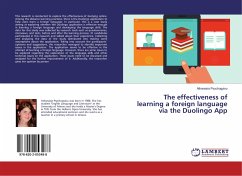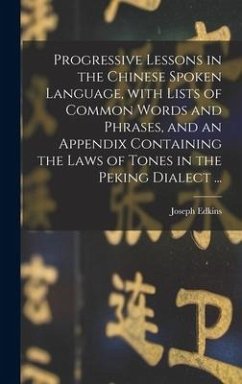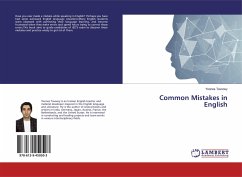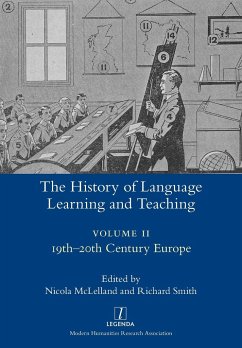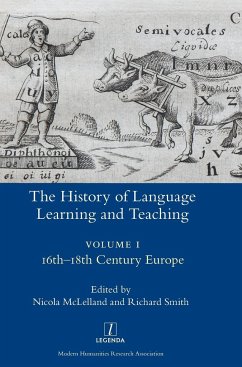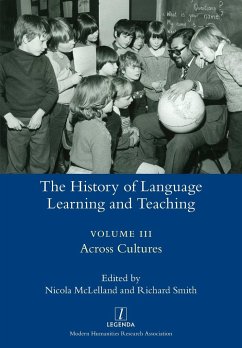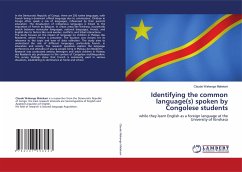
Identifying the common language(s) spoken by Congolese students
while they learn English as a foreign language at the University of Kinshasa
Versandkostenfrei!
Versandfertig in 6-10 Tagen
53,99 €
inkl. MwSt.

PAYBACK Punkte
27 °P sammeln!
In the Democratic Republic of Congo, there are 250 native languages, with French being a dominant official language due to colonization. Children in Congo often speak a mix of languages, influenced by their parents' education. The devaluation of indigenous languages is linked to the imposition of French by Belgium. In urban areas like Kinshasa, households switch between vernacular languages, national languages, French, and English due to factors like rural exodus, conflicts, and tribal interactions.The study focuses on the impact of language on children in Plateau des Residents, where French i...
In the Democratic Republic of Congo, there are 250 native languages, with French being a dominant official language due to colonization. Children in Congo often speak a mix of languages, influenced by their parents' education. The devaluation of indigenous languages is linked to the imposition of French by Belgium. In urban areas like Kinshasa, households switch between vernacular languages, national languages, French, and English due to factors like rural exodus, conflicts, and tribal interactions.The study focuses on the impact of language on children in Plateau des Residents, where French is prevalent. The location was chosen for its relevance to the topic and ease of data collection. The study aims to understand the role of different languages, particularly French, in education and society. The research questions explore the language preferences and attitudes of young people living in Plateau des Residents.Research was conducted among teenagers and adult children in Plateau des Residents des professeurs in the context of Congolese multilingualism. The survey findings show that French is commonly used in various situations, establishing its dominance at home and school.





